Lebanese President Aoun says ready to dialogue with protesters
Lebanese President Michel Aoun has reiterated his call for a dialogue with protesters as the country is struggling to form a new government after Prime Minister Saad Hariri tendered his resignation nearly a month ago, and has been gripped by mass protests demanding departure of the ruling elite.
Addressing the nation in a televised speech marking the country's 76th Independence Day on Thursday, Aoun renewed his invitation to protesters to send representatives to the presidential palace in Baabda, east of Beirut, for talks.
The Lebanese president noted that he wants to “closely explore their actual demands and means to implement them,” stressing that “dialogue is the only correct way to resolve crises.”
Aoun then blamed “contradictions that control politics” for his failure to call for binding parliamentary consultations to name a new prime minister.
“The time is not for speeches but rather for hard work… The challenges are dangerous and we've wasted a lot of time.
“The government should have been formed by now and started its work; but the contradictions that govern Lebanese politics have necessitated carefulness in order to avoid a more dangerous situation,” the 84-year-old president added.
The next Lebanese government must be "efficient, productive and methodical," Aoun said.
“The recent popular protests have broken some taboos and relatively some protections, prompting the judiciary to act and encouraging the legislature to give priority to a number of anti-corruption draft laws.
“I will be a firm bulwark that protects the judiciary and by that I mean that I will prevent any interference in it,” the Lebanese president pointed out.
Aoun also called on troops to protect the people’s freedom of expression and at the same time ensure freedom of transportation.
Back on November 4, Aoun said that there is a need for dialogue with demonstrators in order to come to an understanding on the issues at hand.
The Lebanese Presidency, in a post published on its official Twitter page, cited Aoun as saying to the United Nations Special Coordinator for Lebanon Jan Kubis that one of the first tasks of the new government will be to follow up the anti-corruption, and carry out an investigation process that will include all officials in departments at different levels.
Hariri submitted his resignation to President Aoun on October 29.
Under the constitution, Hariri’s cabinet would stay on in a caretaker capacity until a new government is formed.
The protests began on October 17 when the government proposed imposing a tax on Whatsapp calls, along with other austerity measures.
Protesters in Lebanon have stopped blocking roads and setting up barricades, and instead shifted to holding sit-ins at state-affiliated sites.
They say they will maintain pressure on the political establishment until their demands for the departure of the ruling elite and an end to chronic economic mismanagement and corruption are met.
Growth in Lebanon has plummeted in the wake of endless political deadlocks and an economic crisis in recent years.
The country hosts 1.5 million Syrian refugees, and their presence is often blamed for putting pressure on the already struggling economy.
Unemployment stands at more than 20 percent, according to official figures.
The Lebanese Finance Ministry says the national debt is hovering around $85 billion, which accounts for more than 150 percent of Gross Domestic Product (GDP).
Successive governments have failed to address a waste management crisis or improve the electricity grid, which is plagued by daily power cuts.
April 18: ‘Axis of Resistance’ operations against Israeli occupation
Blinken ignoring staff recommendation to cut US aid to Israel: Report
Report: Israeli warplanes bomb positions in southwestern Syria, Iraq
US forces smuggle stolen Syrian oil into bases in Iraq: Report
VIDEO | Press TV's news headline
Situation normal after air defenses fire at 'suspicious objects' in Iran
‘Iran retaliation against Israel ensured no aggression would go unanswered’
US vetoes Palestinian request for full UN membership







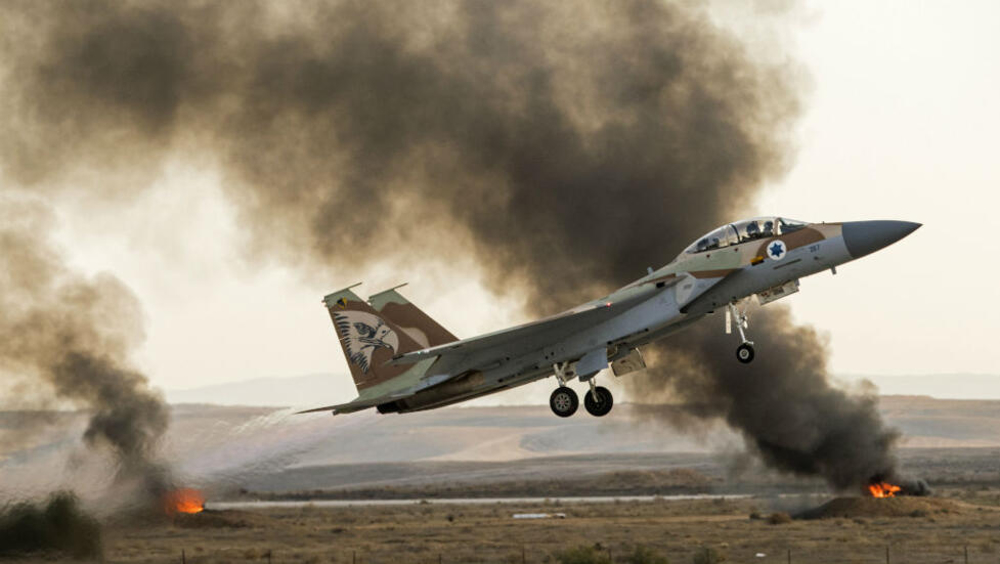
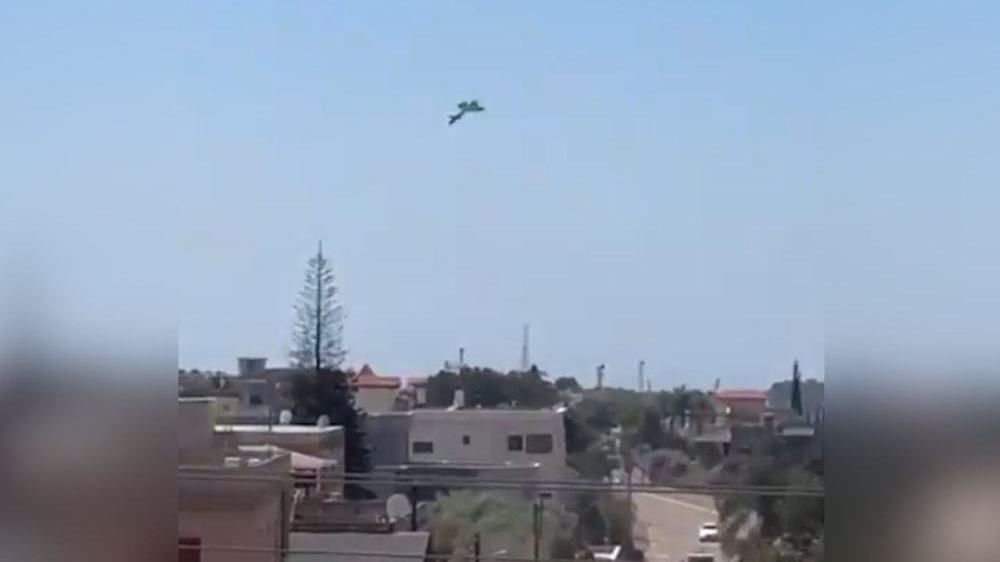
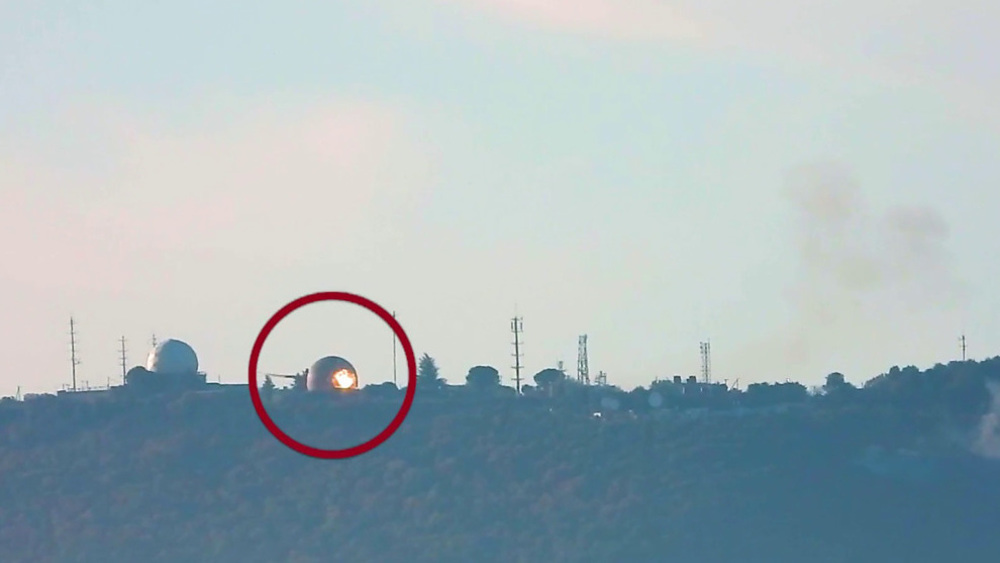







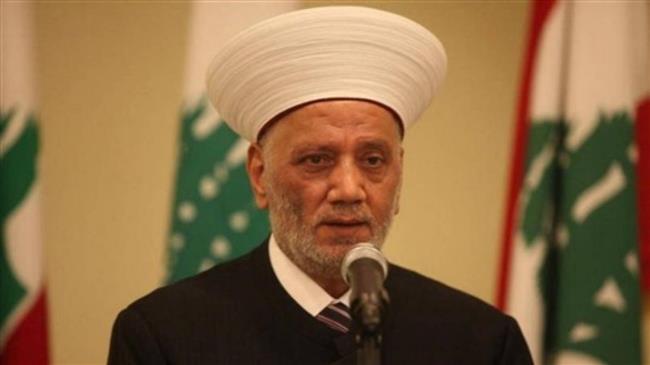
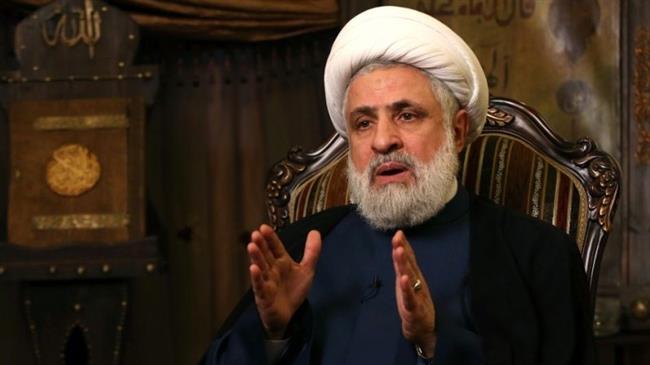
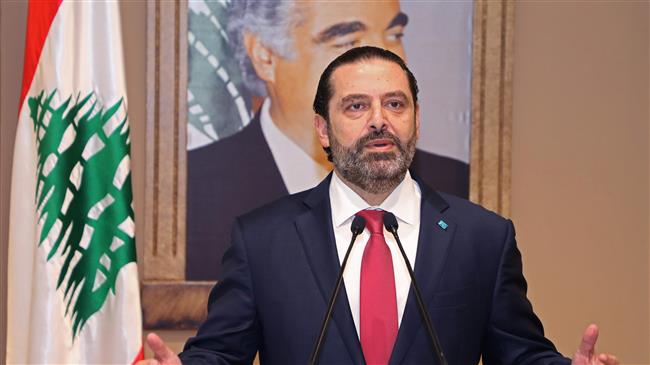

 This makes it easy to access the Press TV website
This makes it easy to access the Press TV website